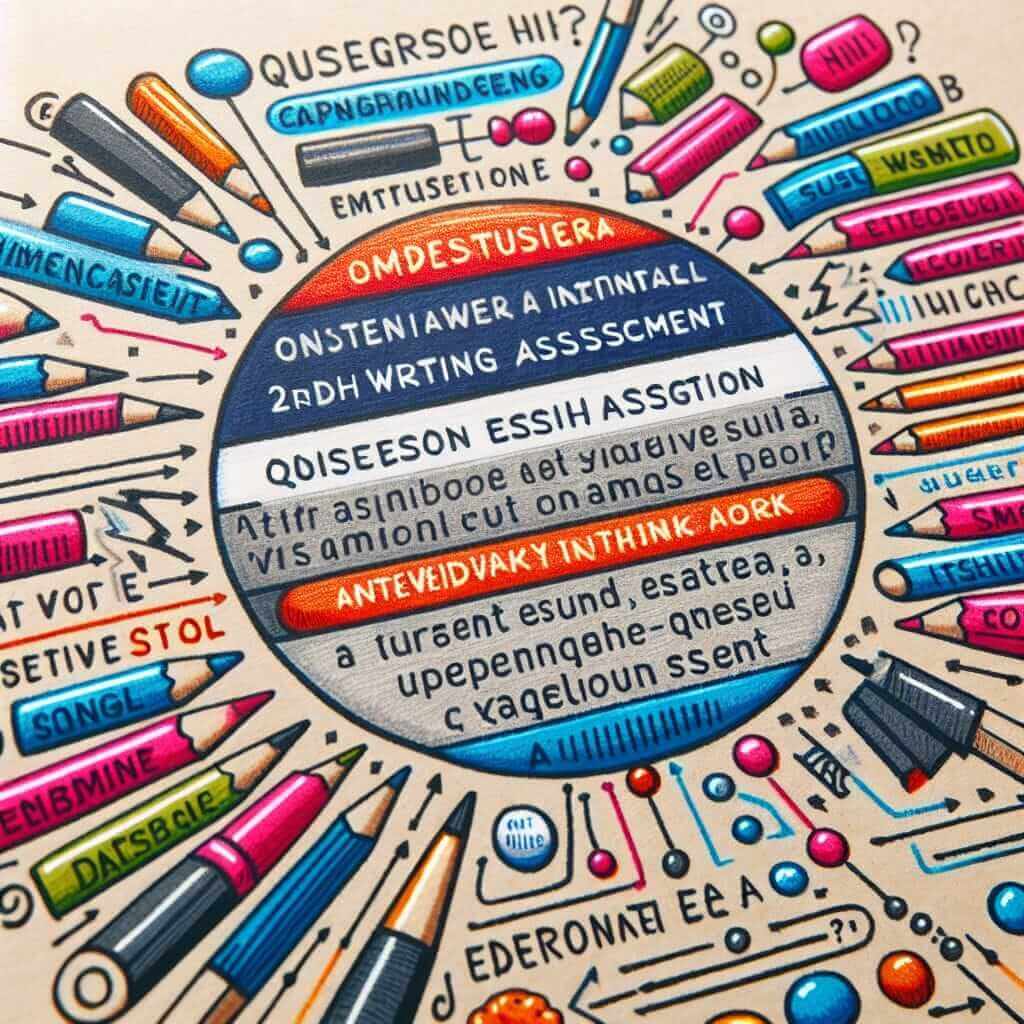Achieving a band 8 in IELTS Writing is a significant accomplishment, demonstrating a high level of English proficiency. It requires a strong grasp of grammar, a wide range of vocabulary, and the ability to structure your writing coherently and cohesively. This guide, drawing on my 20 years of experience teaching IELTS, will provide you with invaluable strategies and insights to help you reach your writing goals.
Understanding the Requirements for a Band 8
The first step to achieving a band 8 is to understand what the examiners are looking for. Let’s break down the four key assessment criteria:
1. Task Achievement (Task 1) & Task Response (Task 2)
- Task 1: Accurately and fully address all parts of the task, highlighting key features and trends in the data.
- Task 2: Present a clear and relevant position throughout your essay, providing well-developed and supported ideas.
2. Coherence and Cohesion
- Logically organize your ideas using a clear structure.
- Use a wide range of cohesive devices (linking words, pronouns) to guide the reader smoothly through your writing.
3. Lexical Resource (Vocabulary)
- Use a wide range of vocabulary accurately and appropriately.
- Demonstrate sophisticated word choice and avoid repetition.
- Show control over idiomatic language and collocations.
4. Grammatical Range and Accuracy
- Use a wide range of grammatical structures accurately.
- Demonstrate control over complex sentences and punctuation.
- Keep grammatical errors to a minimum.
Strategies for Success
Now that you understand the criteria, let’s explore actionable strategies:
1. Mastering Academic Writing Style
- Formal Language: Avoid contractions, colloquialisms, and slang.
- Objective Tone: Present information impartially and avoid emotional language.
- Precise Language: Choose words carefully to convey your meaning accurately.
2. Expanding Your Vocabulary
- Read Extensively: Academic journals, articles, and high-quality newspapers are excellent resources.
- Keep a Vocabulary Notebook: Record new words and phrases with definitions and examples.
- Practice Using New Vocabulary: Integrate new words into your writing practice.
3. Refining Grammar Skills
- Review Grammar Rules: Pay attention to areas where you know you are weak.
- Practice Complex Structures: Work on using a variety of sentence structures (simple, compound, complex).
- Seek Feedback: Ask a teacher or tutor to review your writing and identify areas for improvement.
4. Planning and Structuring Your Essays
- Task 2: Spend time brainstorming ideas and developing a clear outline before you start writing. This will help ensure a logical flow.
- Task 1: Identify the key features in the data and plan how you will present them.
5. Practice Makes Perfect
- Write essays regularly under timed conditions to simulate the exam experience.
- Get feedback on your writing from experienced IELTS instructors or language partners.
- Analyze model essays to understand the elements of a band 8 response.

Example: Analyzing an IELTS Writing Task 2 Question
Question: Some people believe that it is the responsibility of governments to protect the environment, while others argue that individuals should be responsible for this. Discuss both views and give your own opinion.
Breakdown:
- This is an “opinion” essay where you need to discuss both sides and give your own view.
- Key vocabulary: environment, government, responsibility, individuals, protect.
Tips for Test Day
- Manage your time effectively. Allocate roughly 20 minutes for Task 1 and 40 minutes for Task 2.
- Read the instructions carefully and ensure you fully understand the task.
- Proofread your work thoroughly for any errors in grammar, spelling, or punctuation.
Conclusion
Achieving a band 8 in IELTS Writing requires dedication and focused effort. By understanding the assessment criteria, implementing effective strategies, and engaging in consistent practice, you can significantly improve your writing skills and reach your target score. Remember, the key is to develop a strong foundation in grammar and vocabulary, master academic writing style, and practice regularly.